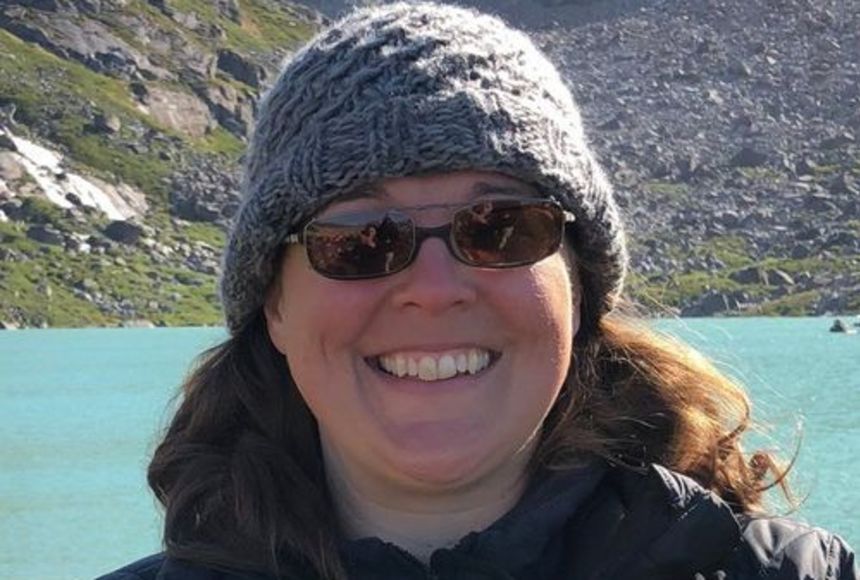ARTICLE
ARTICLE
Explorer Profile: Melissa Lynn Chipman, Paleoecologist
Explorer Profile: Melissa Lynn Chipman, Paleoecologist
By analyzing mud samples, Melissa Lynn Chipman studies how Arctic ecosystems are changing.
Grades
5 - 8
Subjects
Conservation, Earth Science, Climatology, Geography, Physical Geography
Image
Melissa Lynn Chipman
Melissa Chipman is a National Geographic Explorer and an Arctic paleoecologist at Syracuse University. She studies shifts in the Arctic's climate and environment, to see how the landscape has changed.
Photograph courtesy of Melissa Lynn Chipman

Media Credits
The audio, illustrations, photos, and videos are credited beneath the media asset, except for promotional images, which generally link to another page that contains the media credit. The Rights Holder for media is the person or group credited.
Director
Author
Production Managers
Program Specialists
Producer
Intern
other
Last Updated
October 19, 2023
For information on user permissions, please read our Terms of Service. If you have questions about how to cite anything on our website in your project or classroom presentation, please contact your teacher. They will best know the preferred format. When you reach out to them, you will need the page title, URL, and the date you accessed the resource.
Media
If a media asset is downloadable, a download button appears in the corner of the media viewer. If no button appears, you cannot download or save the media.
Text
Text on this page is printable and can be used according to our Terms of Service.
Interactives
Any interactives on this page can only be played while you are visiting our website. You cannot download interactives.